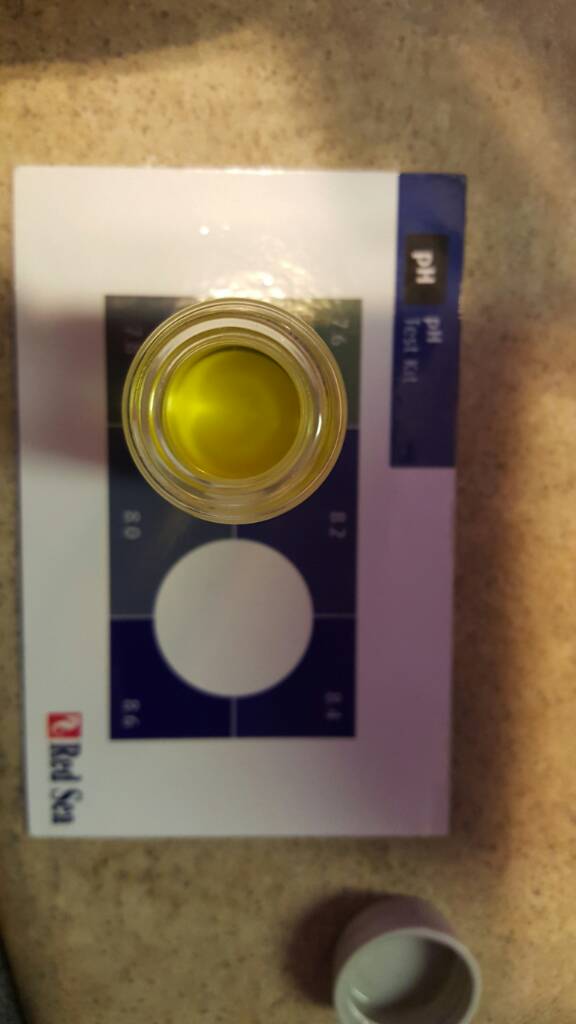I generally would not, but Aquavitro has such a product (but don't believe all of their claims):
http://aquavitro.com/products/balance.html
Ah, for the pH chasers.....I wouldn't recommend this. Attempting to fix a problem by not addressing the root cause.....all too common today.
And Randy, you surprise me......




















